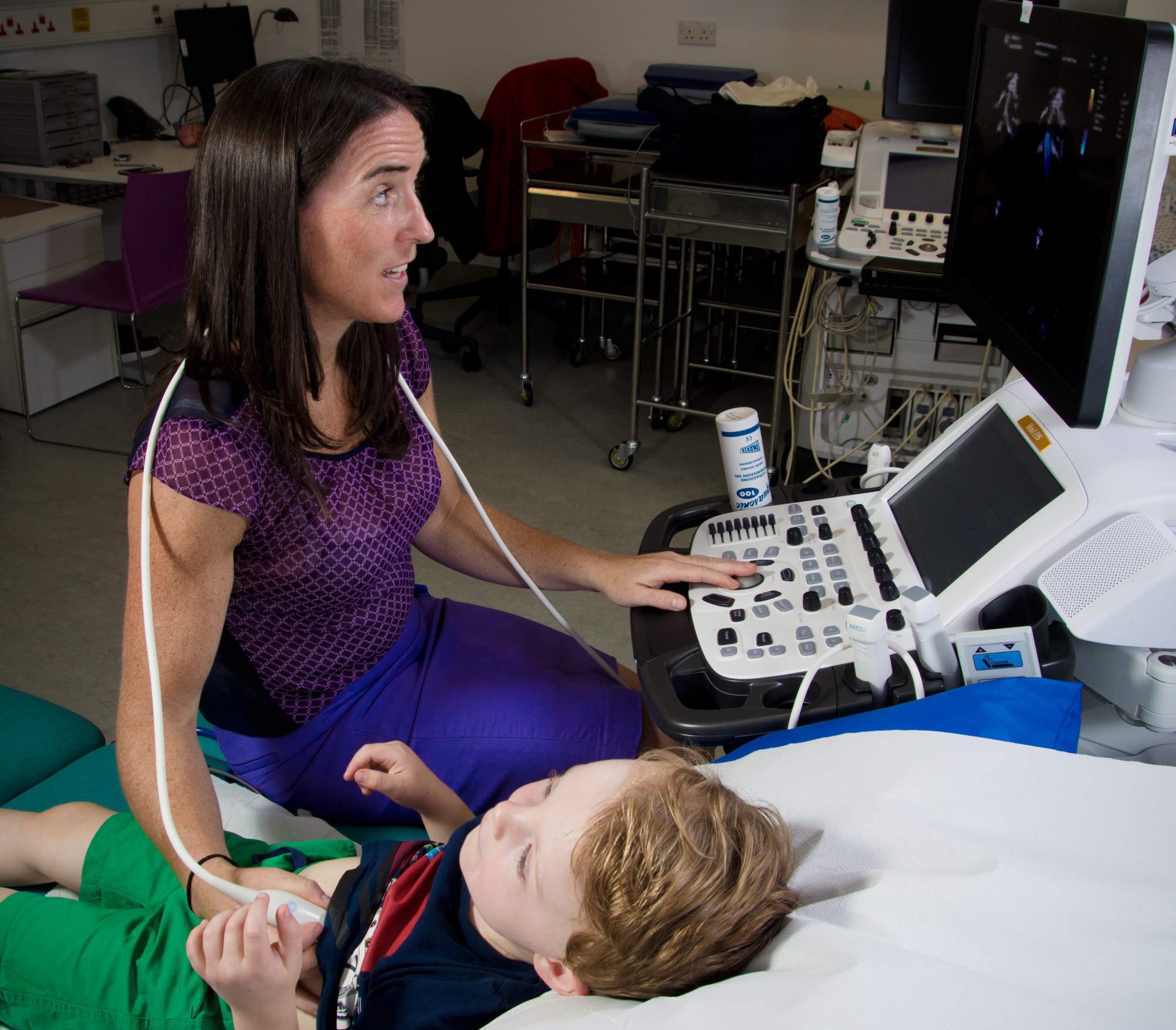Although the symptom of chest pain in your child can set off alarm bells in most parents, studies have shown in contrast to adults, the overwhelming majority of cases of chest pain in otherwise healthy children have a noncardiac aetiology. Numerous previous studies in multiple practice settings have demonstrated a cardiac aetiology in only 0-5% of children and adolescents presenting with chest pain.
True cardiac chest pain is rare in a teenager or child. A detailed clinical history of the nature, type and frequency of the pain can often help a padiatric cardiologist stratify whether the pain has an underlying cardiac cause. In the vast majority, a careful focused history and physical examination, along with a screening tests such as an ECG, will identify essentially all patients with a serious cardiac condition.
A 12 lead ECG (or electrocardiogram) is a valuable initial investiugation. This test involves placing 12 stickers or electrodes on the chest and analysing how the electrical impulses spread through the heart. The presence of other symptoms such as palpitations (an irregular or fast heart rate) or a history of syncope or collapse would prompt more detailed investigation and assessment. A positive family history of cardiac problems or history of early / unexplained death would also be a reason for further investigations.
